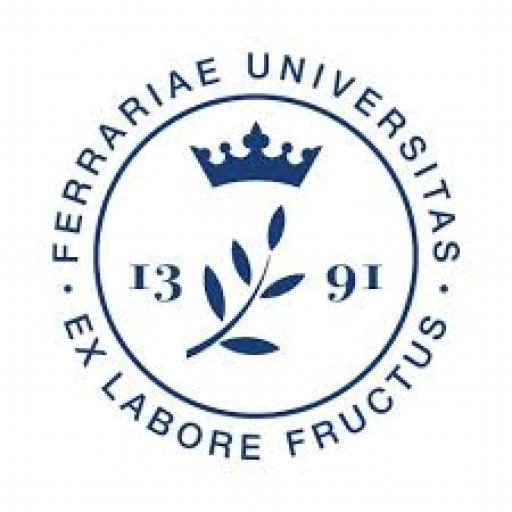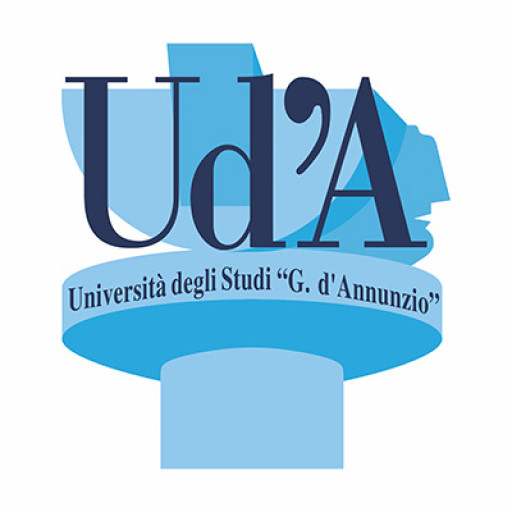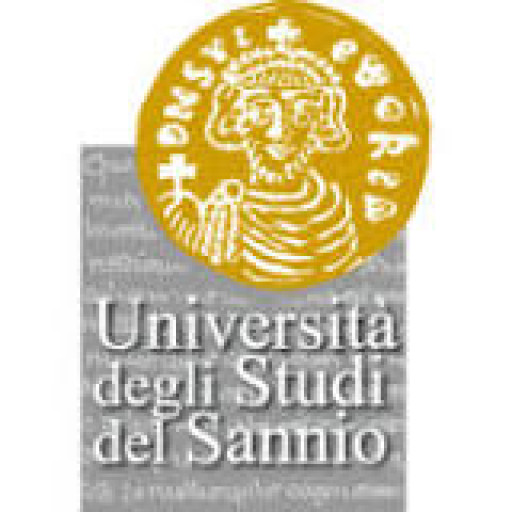Photos of university / #unioslo
The Master's Degree in Geosciences at the University of Oslo offers a comprehensive and in-depth education in understanding the Earth's physical structure, processes, and history. This program is designed for students who are passionate about exploring the dynamic planet we inhabit, including its rocks, minerals, and sediments, as well as the atmosphere and the biosphere. Throughout the program, students gain essential skills in geological mapping, laboratory analysis, geophysical methods, and data interpretation, preparing them for diverse career opportunities within academia, industry, and research institutions.
The curriculum combines theoretical knowledge with practical experience, emphasizing sustainable resource management, climate change studies, natural hazard assessment, and environmental monitoring. Students have the opportunity to participate in fieldwork both within Norway’s rich geological landscapes and internationally, allowing them to apply their learning in real-world scenarios. The program fosters critical thinking, problem-solving abilities, and multidisciplinary approaches to complex geoscientific challenges.
Research plays a central role in the Master's studies, with students engaging in cutting-edge projects under the supervision of leading experts in the field. The program promotes international collaboration and provides access to advanced laboratory facilities and geophysical equipment, further enhancing the learning experience. Graduates of this program are well-equipped to pursue careers in geological surveying, environmental consultancy, resource exploration, or continue their academic journey with PhD studies. With its strong focus on scientific rigor, practical skills, and environmental responsibility, the Master’s in Geosciences at the University of Oslo prepares students to contribute meaningfully to understanding and solving the planetary challenges of our time.
The Geosciences program at the University of Oslo offers a comprehensive study of the Earth's physical properties, processes, and history. This program is designed to provide students with a solid foundation in geology, geophysics, and environmental sciences, preparing them for careers in research, consulting, environmental management, and resource exploration. Throughout the program, students will explore the structure and composition of the Earth's crust and mantle, learn about geological processes such as plate tectonics, volcanic activity, and sedimentation, and study the Earth's evolution over millions of years. The curriculum combines theoretical coursework with practical laboratory work, field studies, and internships to give students hands-on experience in solving real-world geoscience problems. Students will also develop skills in data analysis, geospatial techniques, and computer modeling, which are essential tools in modern geosciences. The program emphasizes sustainability and responsible resource management, reflecting the importance of geoscience knowledge in addressing global challenges such as climate change, natural hazards, and sustainable resource utilization. Graduates of this program will be well-equipped to pursue advanced research or enter the workforce in industries related to mineral and energy resources, environmental consulting, or governmental agencies. The university’s strong research tradition and state-of-the-art facilities provide an excellent environment for academic growth and practical training. By studying the Geosciences at the University of Oslo, students will gain a deep understanding of the Earth's dynamic systems and develop the analytical and technical skills necessary to contribute to solving some of the most pressing issues facing our planet today.
Program requirements for the Master’s in Geosciences at the University of Oslo typically include a combination of academic prerequisites, language proficiency, and specific course achievements. Applicants are generally required to have a Bachelor's degree or equivalent in a relevant field such as geology, geophysics, environmental sciences, or Earth sciences from a recognized university. A solid foundation in mathematics, physics, and chemistry is also essential, as these underpin the core concepts studied in the programme.
International students must demonstrate proficiency in English, usually through tests like the TOEFL or IELTS, with minimum scores established by the university. Applicants are often advised to submit a CV or resume highlighting relevant academic and practical experiences, as well as a statement of motivation outlining their interest in geosciences and career ambitions in the field.
Admission decisions may consider prior research experience, internships, or projects related to geosciences. Some programmes may require the submission of relevant academic transcripts, references, and a research proposal or statement of purpose. The curriculum is designed to build advanced knowledge in areas such as geology, geophysics, geochemistry, and earth system sciences, often including both coursework and research components.
Students are expected to complete a set number of credits, typically comprising lectures, seminars, laboratory work, and a master’s thesis. The thesis is a significant research project that demonstrates the student's ability to conduct independent scientific research and contributes new knowledge to the field. Program prerequisites also include compliance with the university’s regulations on academic integrity and participation in mandatory orientation and training sessions.
Furthermore, candidates might be encouraged or required to attend certain introductory courses if their background does not sufficiently cover core disciplines. Collaborative projects, fieldwork, and interdisciplinary studies are integral parts of the programme, empowering students with practical skills and theoretical understanding necessary for careers in academia, research, or industry.
The program may also specify language requirements for thesis writing and presentations, ensuring that students can communicate their findings effectively in international scientific environments. Overall, the requirements aim to select motivated, qualified students capable of contributing to and benefiting from the university's research-led environment in geosciences.
The financing of the Geosciences master's degree program at the University of Oslo primarily relies on a combination of government funding, student contributions, and available scholarships. As a Norwegian public university, the University of Oslo receives substantial financial support from the Norwegian government through the Ministry of Education and Research, which ensures that tuition fees for international students are generally low or waived for students from certain countries, aligning with Norway's policy of free higher education for EU/EEA students. Non-EU/EEA students may be required to pay tuition fees, which are established annually and vary depending on the program and faculty.
Students enrolled in the program have access to various financial aid options, including scholarships offered by the university, government-sponsored programs, and external foundations. The University of Oslo provides several merit-based scholarships aimed at highly qualified international students to help offset tuition and living costs. Additionally, students can apply for the Norwegian State Educational Loan Fund (Lånekassen), which offers financial support to Norwegian students and eligible international students from certain countries, covering tuition and providing stipends for living expenses.
Living expenses in Oslo constitute a significant portion of the overall cost of studying, often estimated at approximately 12,000 to 15,000 NOK per month, including accommodation, food, transportation, and insurance. Many students partake in part-time work permitted under Norwegian regulations, which allows international students to work up to 20 hours per week during the academic year and full-time during holidays, providing supplementary income to finance their studies.
The university also encourages students to seek external funding through scholarships and grants provided by international organizations, research grants, and governmental agencies. Prospective students are advised to research the specific funding opportunities available in their home countries or via international scholarship programs. Overall, the financial structure of the Geosciences program at the University of Oslo is designed to support students through a combination of institutional funding, government assistance, and personal resources, making it accessible to qualified students worldwide.
The Master’s program in Geosciences at the University of Oslo offers students a comprehensive education in the study of the Earth’s structure, processes, and history. This program aims to equip students with advanced knowledge and skills necessary for understanding geological phenomena, evaluating natural resources, and addressing environmental and societal challenges related to the Earth's systems. Throughout the program, students engage in a variety of coursework covering subjects such as mineralogy, petrology, sedimentology, geophysics, geochemistry, and environmental geology. The curriculum is designed to combine theoretical knowledge with practical skills, including fieldwork, laboratory analysis, and data interpretation. Students have opportunities to participate in research projects, internships, and field excursions that deepen their understanding of real-world geological issues. The program emphasizes sustainable resource management, climate change impacts, and natural hazard assessment, preparing graduates for careers in academia, government agencies, environmental consultancy, and the energy sector. The University of Oslo promotes an interdisciplinary approach, encouraging collaboration across departments and integration of new technologies such as GIS (Geographical Information Systems) and remote sensing in geological research. Graduates of this programme will be well-prepared to contribute to understanding Earth's processes, solving environmental challenges, and informing policy decisions. The program also offers specialization options in areas such as petrology, mineral resources, or geohazards, allowing students to tailor their education to their interests and career ambitions. With access to world-class research facilities and experienced faculty, students will be immersed in a stimulating academic environment that fosters innovation and critical thinking. The program duration is typically two years, culminating in a thesis based on independent research. Overall, the Master’s in Geosciences at the University of Oslo is designed to produce highly skilled geoscientists capable of addressing complex geological and environmental issues at local and global levels.










